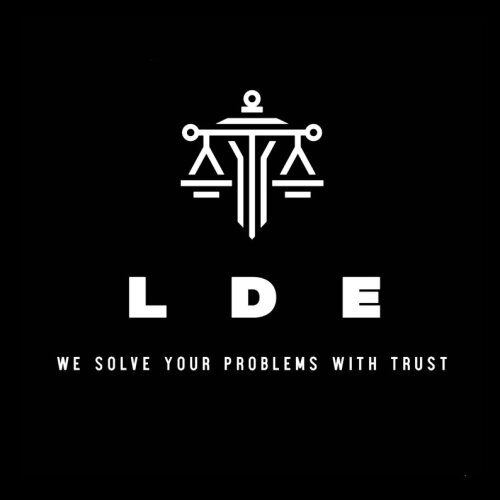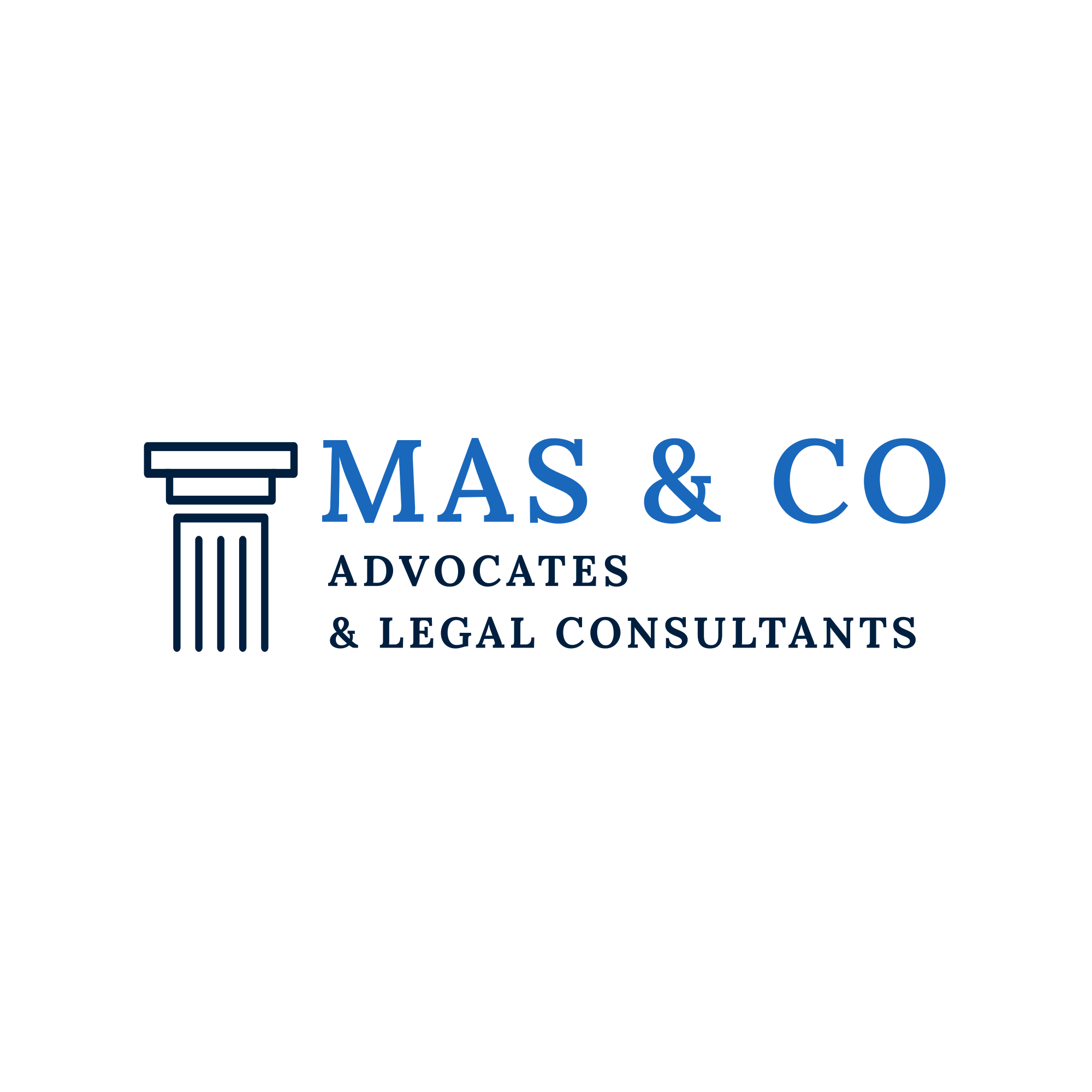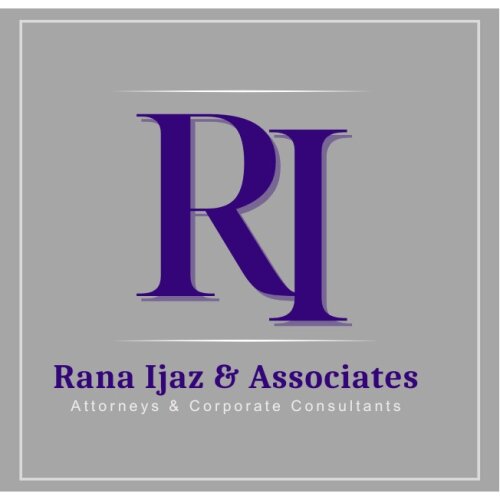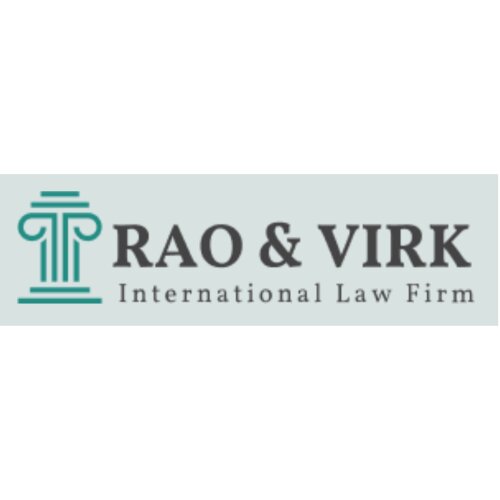Best Communications & Media Law Lawyers in Lahore
Share your needs with us, get contacted by law firms.
Free. Takes 2 min.
List of the best lawyers in Lahore, Pakistan
About Communications & Media Law in Lahore, Pakistan
Communications & Media Law in Lahore, Pakistan, encompasses the legal regulations and principles governing the dissemination and exchange of information across different media platforms. This includes television, radio, print media, digital platforms, and telecommunications. As a hub for media production and consumption, Lahore follows national media regulations while navigating the complexities of local cultural, social, and political landscapes. The domain covers aspects such as censorship, intellectual property rights, defamation, privacy, advertising standards, and the regulation of telecommunication infrastructures.
Why You May Need a Lawyer
Individuals and organizations may require legal assistance in Communications & Media Law for several reasons. Common situations include facing defamation charges, dealing with intellectual property disputes, content licensing, addressing privacy violations, or navigating regulatory compliance issues with governmental authorities like the Pakistan Electronic Media Regulatory Authority (PEMRA). Media companies may also seek legal advice to understand advertising laws, content censorship, and broadcasting rights, while individuals might need assistance in protecting their privacy or intellectual property online.
Local Laws Overview
The key aspects of Communications & Media Law in Lahore, Pakistan, involve various statutes and regulations. The Pakistan Electronic Media Regulatory Authority (PEMRA) Ordinance governs the broadcasting sector, ensuring freedom of press within legal limits. The Pakistan Telecommunication (Re-organization) Act regulates telecommunication and internet services. Laws related to defamation can be found in the Pakistan Penal Code, while the Prevention of Electronic Crimes Act (PECA) deals with cybercrimes and electronic communications. Lahore's legal environment also emphasizes compliance with intellectual property laws, such as the Copyright Ordinance.
Frequently Asked Questions
What is PEMRA, and how does it affect media operations in Lahore?
PEMRA is the Pakistan Electronic Media Regulatory Authority, responsible for regulating and issuing licenses to television and radio broadcasters. It ensures media compliance with the country’s laws and cultural norms, impacting content production and dissemination.
How can I protect my intellectual property in the media industry?
To protect intellectual property, individuals and businesses should register copyrights, patents, and trademarks as applicable. Understanding the terms of licensing agreements and leveraging legal frameworks for enforcement are also crucial.
What are the consequences of defamation in Pakistan?
Defamation can lead to both civil and criminal liabilities. Under the Pakistan Penal Code, defamation is a criminal offense and can result in fines and imprisonment. Civil defamation allows for monetary compensation for damages.
What role does PECA play in media law?
PECA, the Prevention of Electronic Crimes Act, provides a legal framework to monitor and penalize electronic communications and cybercrimes such as online harassment, hacking, and distribution of illegal content, heavily influencing digital media practices.
Can I challenge a PEMRA regulation or decision?
Yes, challenges to PEMRA decisions can be filed in the appropriate court. It usually involves showing that the regulation or decision is unlawful, arbitrary, or exceeds the authority's mandate.
How are advertising standards monitored in Lahore?
Advertising is regulated under various consumer protection and competition laws which ensure that advertisements are truthful, non-deceptive, and not in violation of public decency norms.
What is considered as cybercrime under local law?
Cybercrime includes offenses like unauthorized access to information systems, data theft, electronic fraud, identity theft, and cyber harassment, all of which are dealt with under the PECA.
Does Media Law provide protection to whistleblowers?
While there is no specific statute for whistleblower protection within media laws, certain provisions across anti-corruption laws and human rights frameworks offer indirect protection.
What steps are involved in resolving media-related disputes?
Resolving media-related disputes often involves negotiation, mediation, or litigation. It's crucial to gather substantial evidence, consult with legal experts, and if necessary, present the case before relevant legal forums.
Are there specific permits required to launch a media outlet in Lahore?
Yes, launching a media outlet requires obtaining licenses from PEMRA, and meeting prerequisites such as ownership eligibility, content guidelines compliance, and technical requirements.
Additional Resources
For assistance in Communications & Media Law in Lahore, individuals can refer to resources like the Pakistan Electronic Media Regulatory Authority (PEMRA), Pakistan Telecommunication Authority (PTA), and valued legal societies such as the Lahore Bar Association. Organizations like the Human Rights Commission of Pakistan also provide insights into rights-related issues in media.
Next Steps
If you require legal assistance in Communications & Media Law, consider scheduling a consultation with an experienced lawyer specializing in this field. Begin by compiling relevant documents and information pertaining to your case. You may also approach a reputable law firm or independent practitioners via their websites or contact details to discuss your situation and explore your legal options. It's crucial to act promptly to ensure compliance and to safeguard your legal rights effectively.
Lawzana helps you find the best lawyers and law firms in Lahore through a curated and pre-screened list of qualified legal professionals. Our platform offers rankings and detailed profiles of attorneys and law firms, allowing you to compare based on practice areas, including Communications & Media Law, experience, and client feedback.
Each profile includes a description of the firm's areas of practice, client reviews, team members and partners, year of establishment, spoken languages, office locations, contact information, social media presence, and any published articles or resources. Most firms on our platform speak English and are experienced in both local and international legal matters.
Get a quote from top-rated law firms in Lahore, Pakistan — quickly, securely, and without unnecessary hassle.
Disclaimer:
The information provided on this page is for general informational purposes only and does not constitute legal advice. While we strive to ensure the accuracy and relevance of the content, legal information may change over time, and interpretations of the law can vary. You should always consult with a qualified legal professional for advice specific to your situation.
We disclaim all liability for actions taken or not taken based on the content of this page. If you believe any information is incorrect or outdated, please contact us, and we will review and update it where appropriate.
















